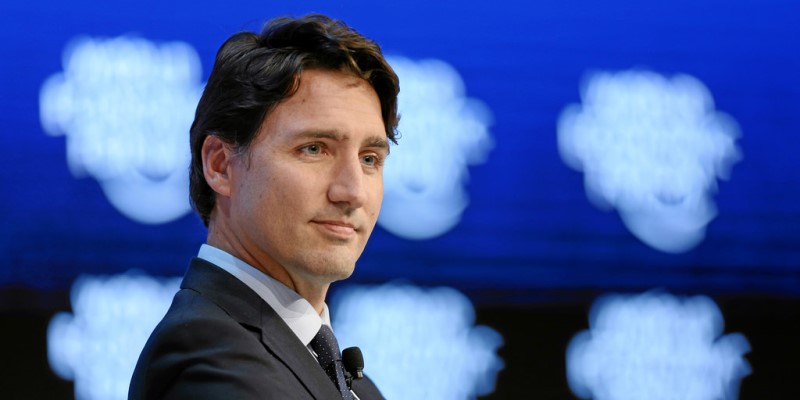
Last week, the Trudeau government dropped a regulatory sledgehammer on the four provinces that rely on fossil fuels (FF) to generate some of their electricity. Alberta (90 per cent FF), Saskatchewan (81 per cent FF), Nova Scotia (76 per cent FF), and New Brunswick (54 per cent FF) are in the crosshairs of Ottawa’s new Clean Electricity Regulations (CER), which is both a demand and a threat.
The demand is that provinces switch from fossil-fuel generated electricity (call it FFE) to some form of ultra-low greenhouse gas-producing electricity. The threat is that if these provinces do not comply, they will be punished with a duplicate carbon tax on emissions from electricity production starting in 2035, or perhaps be graciously permitted to purchase “offset” credits from the provinces blessed with vast hydro potential—Ontario, Quebec and British Columbia.
Ostensibly, Ottawa’s new regulations are agnostic about how the FFE provinces generate low-carbon electricity. But only wind and solar power are technologically feasible to deploy and meet the government’s new emission standard on the timeframe from 2024 to 2035.
The Trudeau government has tried to bury this lede by loading up the CER with a slew of ancillary government programs, including new tax credits and subsidies, it claims will make the CER a benefit to these provinces. Clean jobs, consumer savings, less air pollution, all the usual claims we’re accustomed to hearing (but never actually see delivered) when government pitches painful new environmental regulations.
But Ottawa’s message to the FFE provinces is clear—either adopt more expensive, less productive, less reliable means of electricity production (hurting your province’s economic competitiveness and productivity) or Ottawa will slam you with a second carbon tax only slightly less damaging to your economic competitiveness and productivity.
The premiers of the two most-heavily affected provinces, Alberta and Saskatchewan, have already seen through the new federal regulations. In a statement posted the same day the Trudeau government announced the regulations, Premier Danielle Smith said the “draft federal 2035 net-zero power grid regulations are unconstitutional, irresponsible and do not align with Alberta’s emissions reduction and energy development plan that works towards a carbon-neutral power grid by 2050,” adding that “Alberta’s government will protect Albertans from these unconstitutional federal net-zero regulations. They will not be implemented in our province—period.”
Saskatchewan Premier Scott Moe has been a bit more subdued in his rejection of Ottawa’s new regulatory crusade, but not much. In a statement, Moe also noted that electricity production is a provincial matter, not a federal one, and that “Trudeau’s net-zero targets are simply not achievable in Saskatchewan, and we will not ask our residents to pay the extraordinary price for the federal government’s divisive policies.” Saskatchewan’s NDP Leader also rejected the new regulations.
Once again, the Trudeau government, in its quest to drive Canadian greenhouse gas emissions to “net zero” by 2050, is dropping an economic bomb on the four provinces that need fossil fuels to keep the lights on and the hospitals, markets and factories working, without either the hydropower or nuclear resources of the Trudeau government’s sinecure provinces.
There’s still some time for consultation, and hopefully the federal government will retract the proposed regulations and reconsider just how much of Canada’s economy it’s willing to destroy in the pursuit of “net-zero.” We can only hope that some people in this government are still capable of that kind of pragmatic rational policy consideration.
Author:
Senior Fellow, Fraser Institute
Share This:




 CDN NEWS |
CDN NEWS |  US NEWS
US NEWS 





























COMMENTARY: Where the Fight Against Energy Subsidies Stands – Alex Epstein